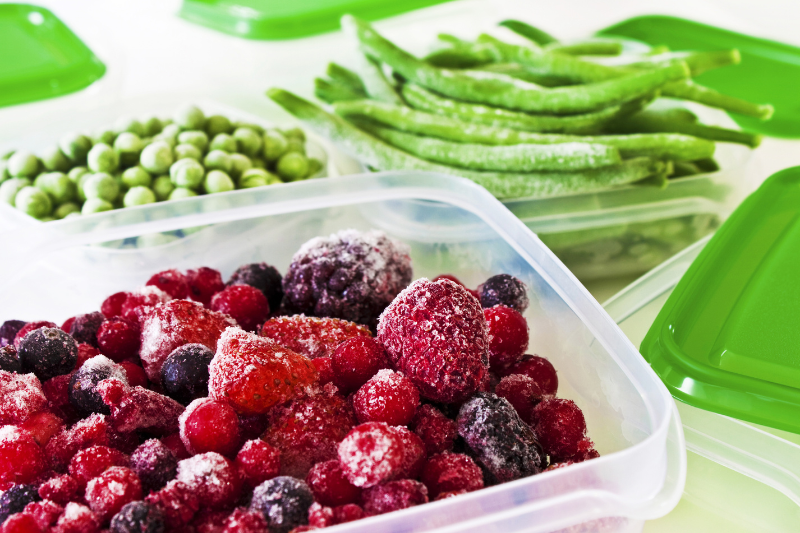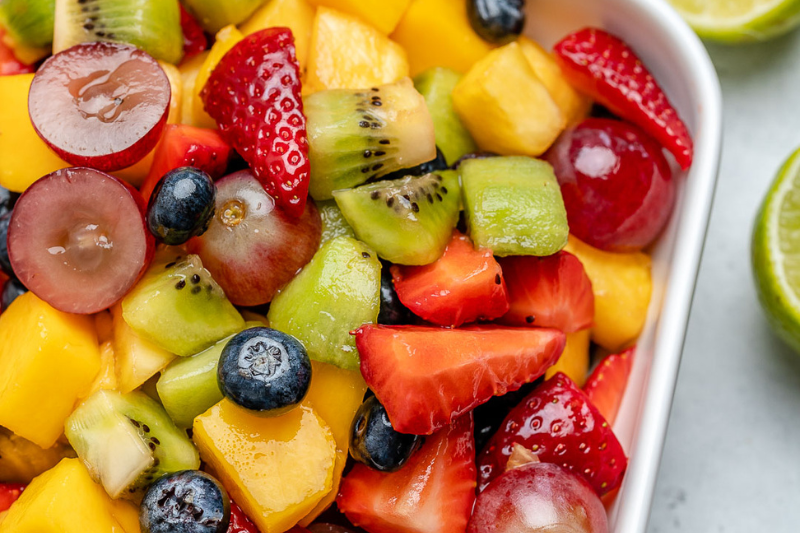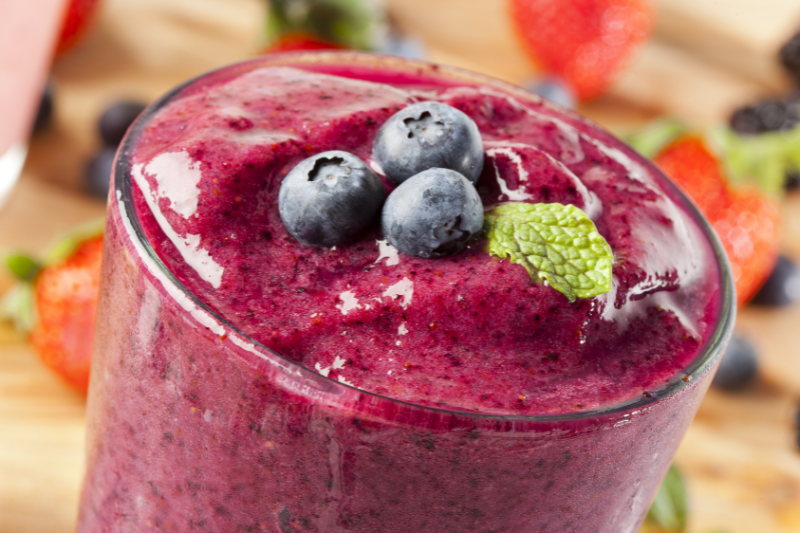Imagine it's winter. You don't know why, but you've just had a tremendous urge to eat your favourite fruit: a peach. Or a watermelon, a melon, a plum... But phew, it's out of season, it's not sustainable at all, and the ones that are within your reach don't taste like anything. What can you do! Well, not much at the moment. But if this happens to you or if you want to be prepared for the future, your best ally is your freezer. Yes, freeze. And not only fruit, but also vegetables.

Against waste
In countries such as Spain, according to the latest Food Waste Report (2021), fruit is the food most likely to be wasted, accounting for 30.9% of the total. If we add vegetables (the second most thrown away food, 13%), we find that practically half of all food waste is accounted for. As with other foods, freezing is a tool that allows us to reduce the waste of fresh food that is not consumed in time, giving a perishable product a longer shelf life. Come on, let's find out more.

By freezing them at their optimum point of ripeness, their nutrients and qualities are preserved, preventing them from spoiling before they are consumed. This means that we can make the most of agricultural resources, preventing tons of fresh food from going to waste. By including these products in our diet, we contribute to minimising food waste, thus promoting greater efficiency in production and a more sustainable approach to responsible consumption.
Sustainable and rich
Thanks to frozen fruit and vegetables, we can enjoy a wide variety of foods even outside their traditional season, supporting sustainability and encouraging more environmentally friendly practices. By opting for frozen products, we reduce our dependence on fresh food imports from other regions, which in turn helps to reduce the carbon footprint associated with transport.
How to freeze our fruits so that they last as long as possible?
The vast majority of vegetables can be frozen without affecting their qualities. In general, the best way to ensure that they are preserved in the correct way is to separate portions, using freezer bags. Avoid large portions, as this could make defrosting difficult. To do this, having the intended use in mind will help a lot: if you want to have vegetables for stir-frying, you can leave them already prepared, so that it will be much easier to use them later. Similarly, frozen fruits are especially delicious for refreshing smoothies or juices, so if you cut them into cubes beforehand, your blender will thank you for it.

Contrary to popular belief, by defrosting and consuming fruit and vegetables we can still enjoy their vitamin and mineral content. By freezing quickly, the formation of large ice crystals is prevented, which helps to maintain the freshness and natural texture of the food. Thus, by using frozen fruits and vegetables in our culinary preparations, we can enjoy flavours and textures that are virtually identical to those of fresh foods.
What about already frozen fruit and vegetables?
If you're caught late and you're really in a hurry, you can always get your fruit and vegetables already frozen at the supermarket. Ideally, it is better to get your own little stash of seasonal fruit and vegetables in the freezer, but the latter is always an option. It is important to find out where it comes from by looking at its labelling and thus assess whether it is appropriate and sustainable to consume it.
Give it a try! Try freezing fruit and vegetables and surprise friends and family with "out of season" but sustainable recipes and help reduce food waste.













